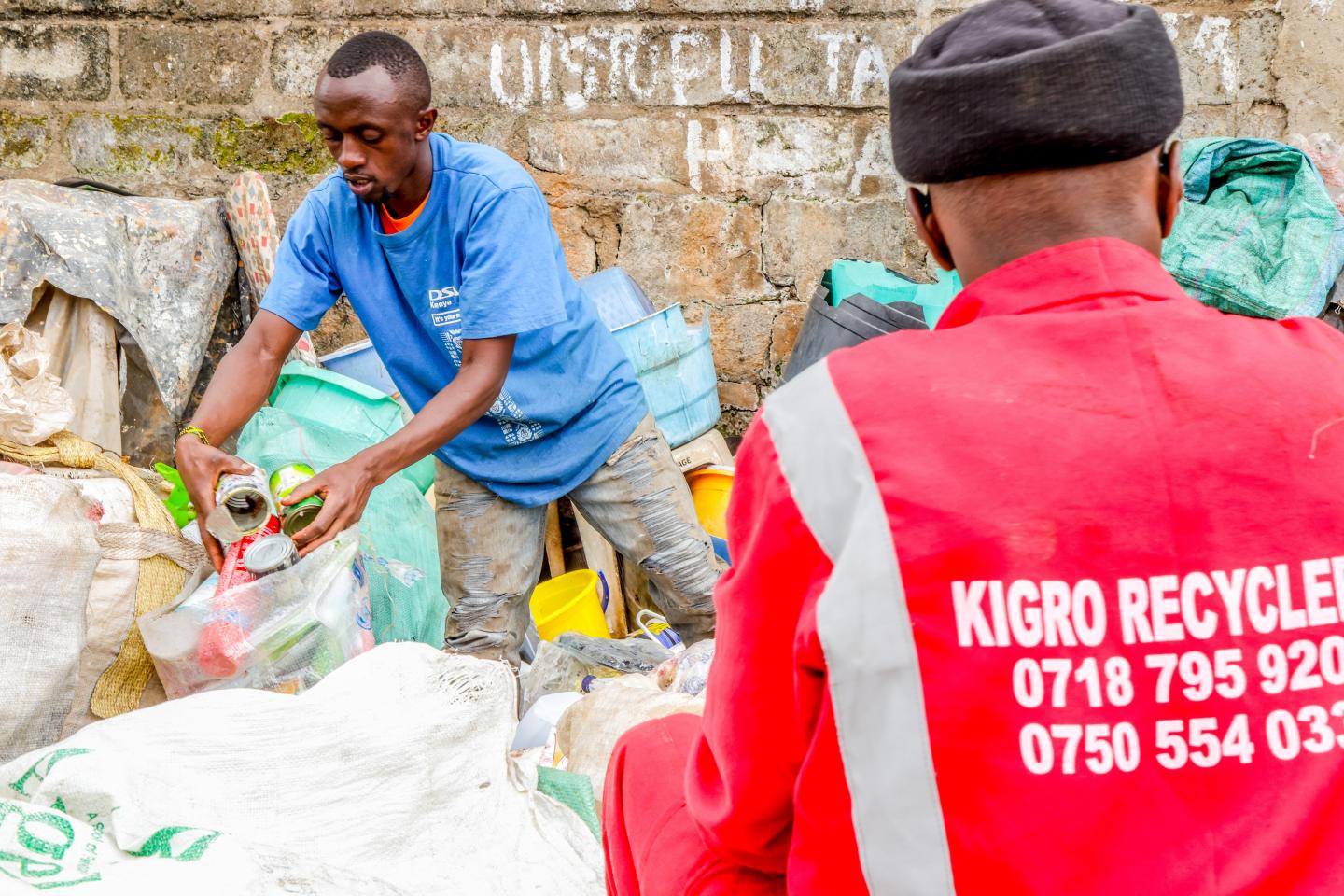Cooperative Leadership, Engagement, Advocacy and Research (CLEAR)

Cooperative Development Organisation
Implementing Partners and Organisations
Period of Implementation
Geographic scope
Africa: Kenya
Budget
Donor(s)
Bilateral Aid: USAID
Sector(s)
Type of Activity
Summary
CLEAR focuses on three primary objectives including: 1) Improving cooperative business-enabling environments through regulatory reform and access to services and resources. Under this objective, in partnership with the Strathmore Business School (SBS), CLEAR developed a public policy making process (PPMP) curriculum and trained over 250 officials and county cooperative officers from 28 counties. Additionally, CLEAR worked closely with the Council of Governors (COG) in developing model county cooperative frameworks as a guide to county specific legislations. 2) Improving cooperative business performance through tailored capacity building. Under this objective, CLEAR is incubating 17 cooperatives drawn from service industry, housing and agriculture. These cooperatives have undergone cooperative performance index (CPI) assessment to understand the capacity gaps and track progress along 5 cooperative dimensions namely, membership, governance, management, production and marketing. As a result, cooperatives have been supported in the development of key documents and systems that are critical in successful running of cooperatives. 3) Increasing effectiveness of cooperative programming through enhanced education and learning among cooperators. Under this objective, CLEAR runs various learning and knowledge sharing platforms namely: KCDO Monthly sessions, Youth entrepreneurship roundtable (YERT) technical assistance forums, policy networks. CLEAR has also developed a Gender & good governance manual that was rolled out to county officials, co-op leaders and media personnel both as ToTs and as champions. This ensures adoption of gender inclusion policy in cooperative membership and leadership, using gender lenses in media reporting and mainstreaming gender in all county and co-op activities in order to address the long-held gender inequality and age discrimination in the structures and network of relations of targeted cooperatives.
Project Objectives
1) To improve cooperative enabling environment through promoting the adoption and implementation of cooperative legislation and policies that support and strengthen CBEs in 25 counties. 2) To improve Cooperative Business Performance by strengthening the business acumen and performance of CBEs while integrating and empowering youth and women within CBE structures. 3) To increase effectiveness of cooperative programming through enhanced education and learning among cooperators.
Impact on SDGs
Main Indicators
Impact Measurement
Direct beneficiaries
Organisations: 625
Individuals: 1400